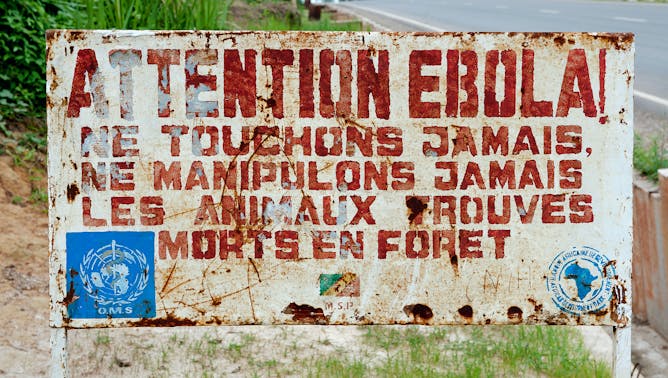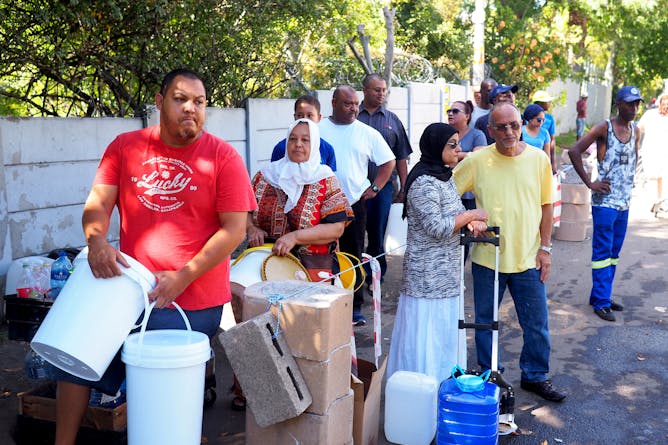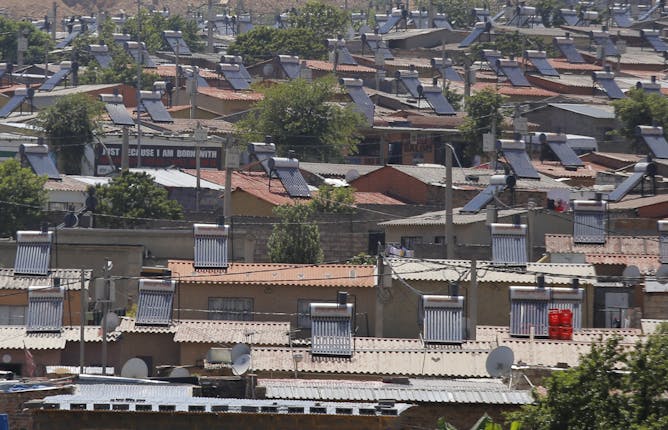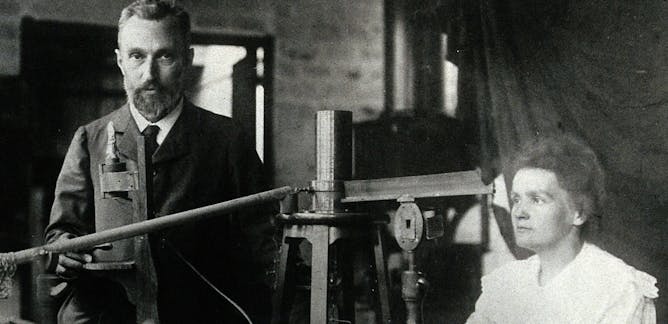|
Fears are mounting about the spread of Ebola in the Democratic Republic of the Congo (DRC). Only a few months ago there was optimism that the latest outbreaks could be brought under control, particularly given previous successes in limiting the spread of the disease. But this hasn’t happened as new cases are being diagnosed in urban areas. Connor Bamford explains why controlling the outbreak in the DRC is particularly hard.
The water system that provides drinking water to Cape Town and surrounding areas was designed to maintain supply and only impose water restrictions, on average, once every 50 years. Now, as Mark New and colleagues explain, prolonged droughts caused by climate change are leading to more frequent water restrictions. This is putting stress on a water system that wasn’t designed to deal with this level of instability.
The Conversation Africa team is taking a break from today until 7 January 2019. During this time, we’ll be sending out daily newsletters consisting of articles you might have missed when we first published them. We wish all our readers, contributors and republishers a happy, restful and safe holiday. We look forward to publishing more fresh, interesting and relevant research from and about Africa in the coming year.
|

Ebola is a dreadful disease and is one of the deadliest infections known to medical science.
Shutterstock
Connor Bamford, University of Glasgow
The instability in the DRC and it deadly properties make the Ebola virus recalcitrant to efforts to stop it.
|

Cape Town residents queuing for water during the water crisis.
Shutterstock
Mark New, University of Cape Town; Friederike Otto, University of Oxford; Piotr Wolski, University of Cape Town
Water supply systems weren't designed to deal with altering weather patterns brought about by climate change. This needs to change.
|

Solar panels in Alexandra, Johannesburg.
KIM LUDBROOK/EPA
Camaren Peter, University of Cape Town
The value of green technologies and systems is that they are largely decentralised or semi-decentralised.
|
From our international editions
|

Stephen Mansell, Heriot-Watt University
With its strange bluish glow and cancer-killing qualities, meet the wundermetal that became one of the great cautionary tales of modern times.
| |

Bruce Collins, Sheffield Hallam University
Bringing down a president is a political act – just ask Bill Clinton.
|
|
|